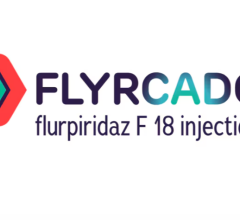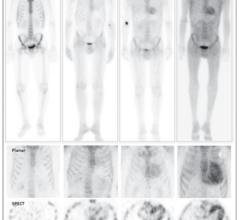
May 7, 2015 — NorthStar Medical Radioisotopes LLC has completed its first production-scale test run of the molybdenum-99 (Mo-99) aliquoting system installed at the University of Missouri Research Reactor (MURR) in Columbia, Missouri. The test and subsequent shipment of the resulting Mo-99 to NorthStar’s Madison facility is another milestone in the establishment of domestic production of the vital medical radioisotope.
Mo-99 is the parent isotope of technetium-99m (Tc-99m), the most widely used radioisotope in medical diagnostic imaging. Currently, nearly all Mo-99 is generated using weapons-useable highly enriched uranium (HEU) at aging facilities located outside of the United States, leading to chronic product shortages and creating safety and national security concerns.
NorthStar is developing two technologies for producing Mo-99 from the stable isotope molybdenum-98 without the use of HEU — a neutron capture process using the MURR facility and an electron accelerator process. NorthStar is making significant progress toward becoming the first commercial producer of Mo-99 in the United States in more than 25 years.
On May 4, the aliquoting system was used to fill several depleted uranium (DU) source vessels and one tungsten source vessel with Mo-99. The DU source vessels were then packaged and shipped to NorthStar’s facility in Madison, where they arrived in good condition early on May 5 for inspection and recycling. Approximately 400 curies of Mo-99 were created for the test run; a curie is a unit of radioactivity, with one curie being roughly the activity of 1 gram of the radium isotope Ra-226.
For more information: www.northstarnm.com


 March 25, 2025
March 25, 2025 









